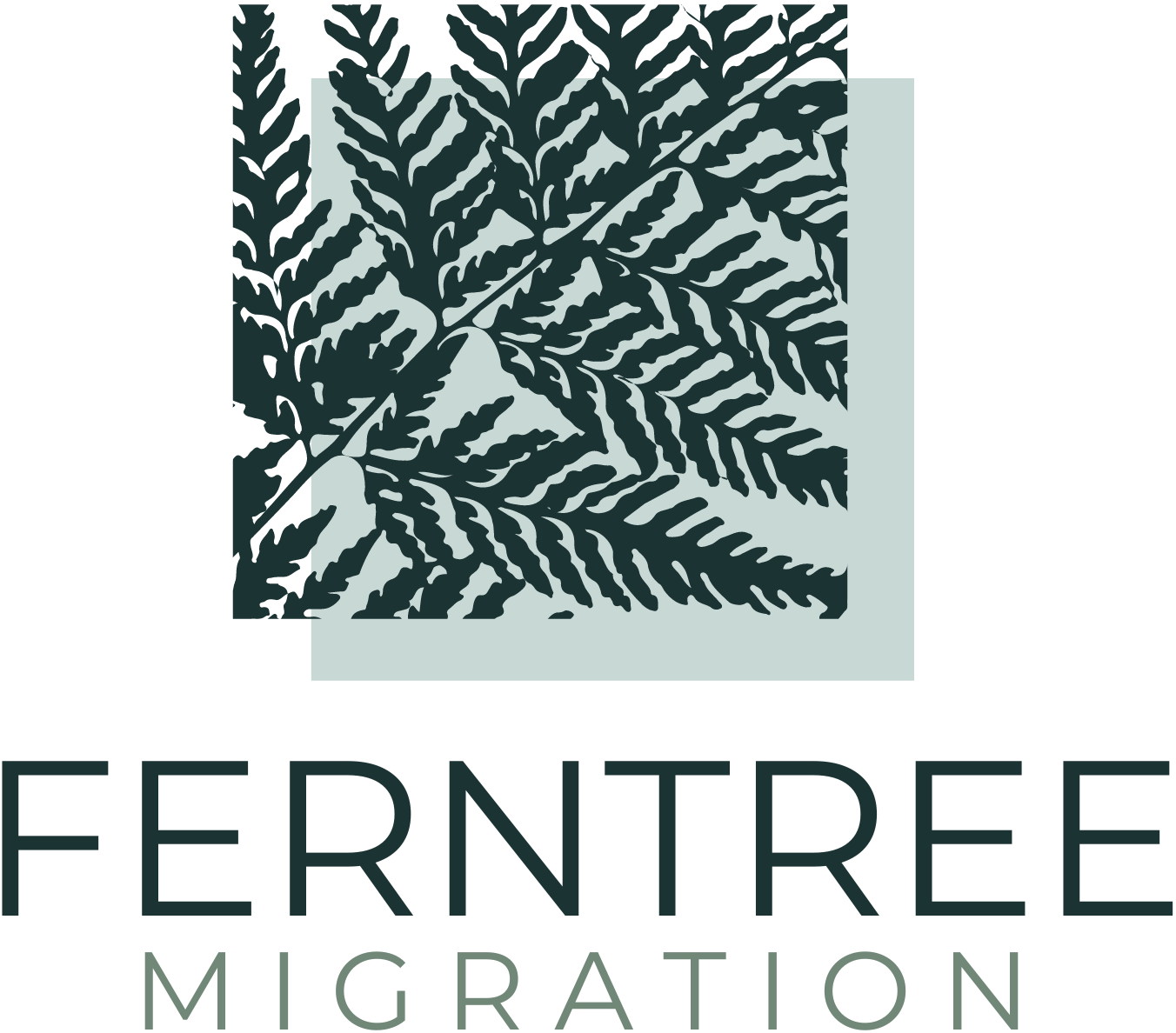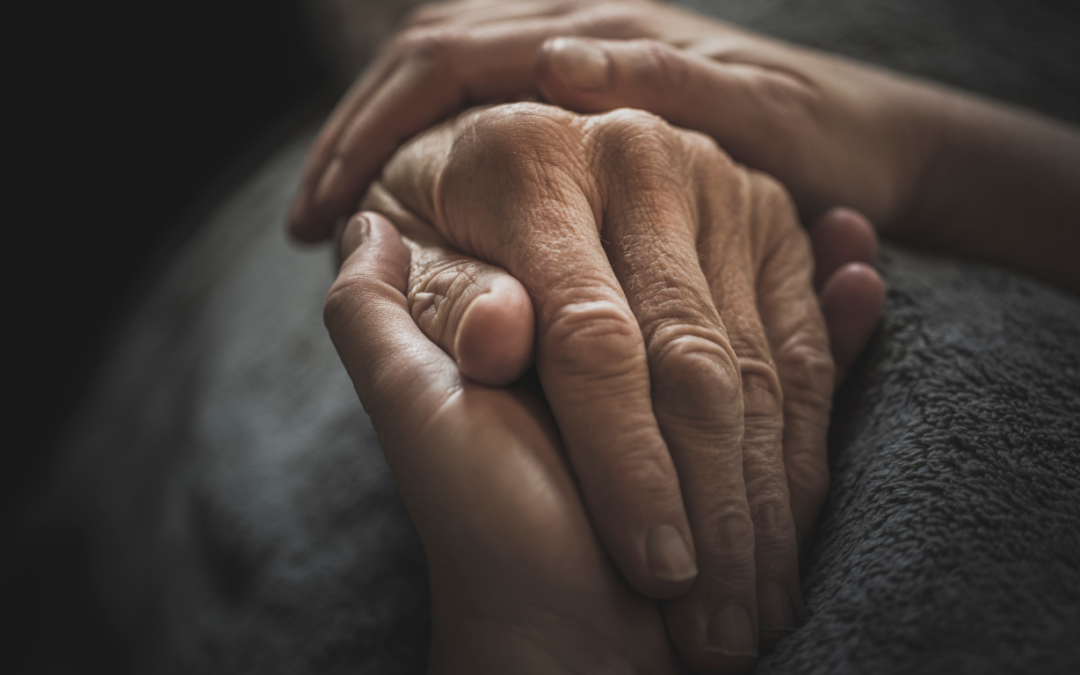Australia’s aged care sector is currently experiencing a critical shortage of workers, with a staggering 22,000 professionals needed to meet the government’s new requirements for round-the-clock nursing and increased care minutes for residents.
The new standards were proposed by the Aged Care Royal Commission and are scheduled to come into effect from July 2023. However, the latest figures indicate a massive shortfall of 8,400 registered nurses and 13,300 personal care workers in the country.
Theoretically, a solution to this worker crunch is to look overseas for qualified workers. However, bringing in overseas workers is not a straightforward process for registered nurses and personal care workers.
Registered nurses from overseas must meet the registration requirements set by the Nursing and Midwifery Board of Australia (NMBA). The requirements are rigorous, and it’s essential to meet all criteria, regardless of which country the nurse comes from. Nurses from countries such as Canada, the United States, the United Kingdom, and Ireland generally meet the NMBA’s registration requirements due to their strong nursing education and training programs. Nurses from other countries may still be eligible for registration, but they may need to complete additional training or meet other requirements to qualify, which will take time and expense.
While many countries have robust nursing education and training programs, the pool of countries from which we can recruit registered nurses and get them to Australia quickly is relatively small. These countries are also facing similar skill shortages to Australia, which means that for these registered nurses, moving to a new country is not necessarily an attractive proposition.
Sponsoring personal care workers is even more challenging than sponsoring registered nurses. Unlike registered nurses, personal care worker is not a profession on any eligible occupation lists for overseas worker sponsorship. Thus, personal care workers are essentially an ‘off-list occupation,’ and other avenues to sponsor them need to be found.
If an Aged Care Facility is operating in an area that has a Designated Area Migration Agreement (DAMA) in place, and it has the occupation listed on the agreement as an eligible occupation, that may be a solution – but one that only a small proportion of facilities can take advantage of.
There are currently twelve DAMAs in place nationally. However, not all DAMAs have personal care workers as eligible occupations. For example, in Victoria, only the Great South Coast DAMA covers personal care workers out of two DAMAs currently in operation.
Otherwise, the most viable option is to consider a Labour Agreement. Labour Agreements allow approved businesses to sponsor skilled overseas workers when there is a demonstrated need that cannot be met in the Australian labour market, and where standard temporary or permanent visa programs are not available.
Labour Agreements work well in some cases, but they are not a quick solution. The paperwork and hours to prepare documentation for a successful outcome are considerable, and they can take many months to negotiate and finalise.
Although the Migration Program can bring registered nurses and personal care workers to Australia, it is by no means a quick streamlined process and, unless changes are made, is not likely to meet the July deadline to address the 22,000-worker shortfall anticipated in the aged care sector.
The aged care sector’s worker shortage is a pressing issue that needs to be addressed as soon as possible. Overseas workers are a viable solution, but the process is lengthy and complicated to navigate.
The short-term recruitment needs of the aged care industry clearly cannot be filled from within the existing Australian workforce. Without some meaningful modification of the process, the migration program cannot address that gap. It remains to be seen if such action will be taken, but if it is not, we can readily anticipate the migration program will fail to solve the aged care sector’s critical worker shortage.


